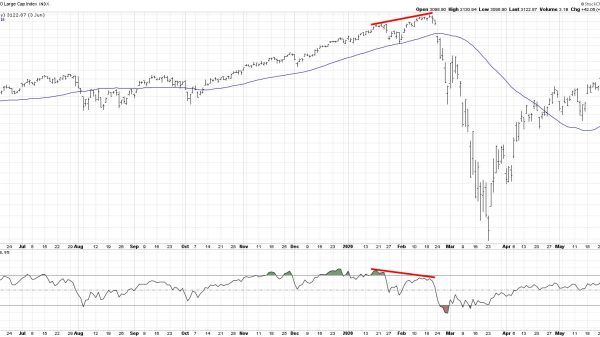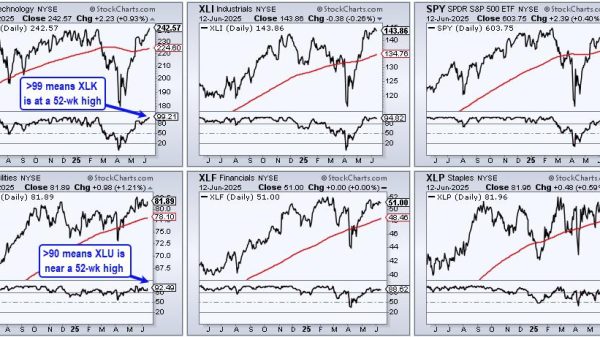What Is the Return of Capital?
Return of capital refers to a financial concept that describes the repayment of an investor’s original investment or capital.
It typically occurs when an investment or asset is sold, liquidated, or distributed, and the investor receives back the initial amount they put into the investment.
Return of capital is different from investment gains or profits, such as dividends, interest, or capital gains. Instead of representing a return on investment, it represents a return of the original amount invested.
In other words, it is the portion of an investment that is returned to the investor without any additional gains or earnings.
Return of capital is commonly associated with certain types of investments, such as real estate investment trusts (REITs).
What’s important, the return of capital is generally not taxable income, as it is seen as a return of the investor’s own money rather than earnings.
It’s important to note that return of capital should not be confused with return on capital, which refers to the profits or gains generated by an investment in relation to the amount of capital invested.
Return of capital and real estate investment trusts
As stated earlier, the return of capital is frequently associated with real estate investment trusts.
It is a good idea to gather more information about REITs.
Real estate investment trusts (REITs) are investment vehicles that allow individuals to invest in real estate assets without directly owning or managing properties.
REITs offer investors the opportunity to gain exposure to the real estate market, diversify their portfolios, and potentially earn regular income through dividends.
A REIT is a company or trust that owns, operates, or finances income-generating real estate properties.
It can own various types of real estate assets, such as residential buildings and commercial properties (e.g., office buildings, shopping centers, and hotels).
REITs provide individuals with the ability to invest in real estate without the need for large capital outlays or direct property ownership.
To qualify as a REIT, a company or trust must adhere to specific requirements outlined by tax authorities.
In the United States, for example, REITs must distribute at least 90% of their taxable income to shareholders in the form of dividends.
By doing so, they can avoid paying corporate income tax at the entity level. As a result, most of the taxable income generated by REITs is taxed at the individual investor level.
REITs can be structured in various forms.
The most common types include equity REITs, mortgage REITs, and hybrid REITs. Equity REITs primarily invest in and own income-producing properties.
They generate revenue from rental income and potentially from property sales and distribute a significant portion of their earnings as dividends to shareholders.
Mortgage REITs, on the other hand, invest in real estate mortgages or mortgage-backed securities and earn income from the interest paid on these loans.
Hybrid REITs combine elements of both equity and mortgage REITs, often owning properties and holding mortgage assets simultaneously.
Advantages of real estate investment trusts
Investing in REITs offers several benefits. Firstly, REITs provide diversification in investment portfolios, as they have exposure to different types of real estate assets across various geographical locations.
This diversification can help reduce risk and volatility compared to investing in a single property. Secondly, REITs offer liquidity, as they are publicly traded on stock exchanges.
Investors can buy and sell shares of REITs on the secondary market, providing flexibility to adjust their holdings.
Additionally, REITs typically provide regular income to investors through dividend distributions, which can be appealing to income-oriented investors. Lastly, investing in REITs allows individuals to participate in the real estate market’s potential appreciation without the burden of property management responsibilities.
However, it is important to consider certain factors when investing in REITs. As with any investment, there are risks involved.
The performance of REITs can be influenced by various factors, including economic conditions, interest rates, etc.
It is essential to research and evaluate the track record and expertise of the REIT’s management team, as their decisions can significantly impact the performance of the investment.
Additionally, investors should carefully analyze the underlying real estate assets held by the REIT, considering factors such as location, quality, occupancy rates, and lease terms.
Taxes and REITs
Furthermore, taxation is an important consideration when investing in REITs. While REITs can provide tax advantages, such as avoiding corporate income tax at the entity level, the dividends received by individual investors are generally subject to income tax.
It is advisable to consult with a tax professional to understand the tax implications specific to your jurisdiction and personal circumstances.
REITs are investment vehicles that enable individuals to invest in real estate without direct ownership. They offer diversification, liquidity, and potential income through dividend distributions.
However, it is crucial to consider the risks associated with REITs, conduct thorough research, and evaluate the expertise of the management team. Understanding the tax implications is also important.
Overall, REITs can be an attractive option for investors seeking exposure to the real estate market and its potential benefits.
To sum up, it is desirable to remember the most important details about the return of capital and what makes it so important to investors.
The post What Is the Return of Capital? appeared first on FinanceBrokerage.


























